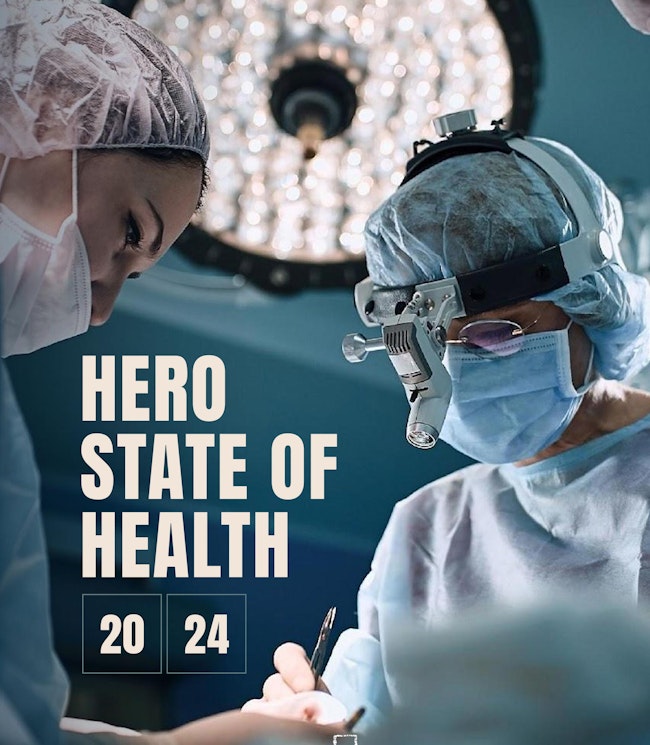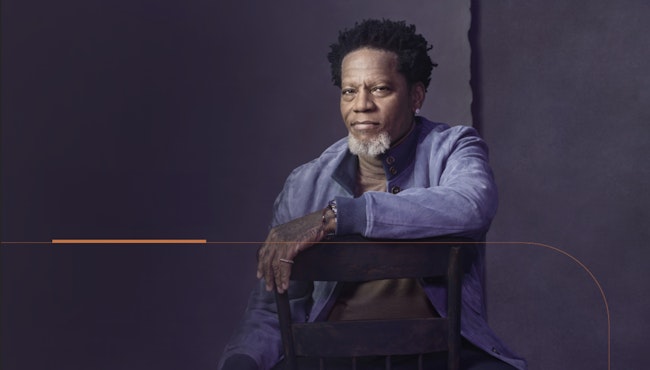
words by
Batool Kazmi
March 01, 2024
humanology newsletter
The Language of Health: How Word Choice Impacts Equity in Healthcare Marketing
Effective communication serves as a vital link between healthcare providers and patients, with the choice of words wielding a profound influence in the pursuit of equity. More than just a grammatical choice, word selection molds perceptions, establishes trust, and notably plays a pivotal role in cultivating an inclusive healthcare environment. As we navigate the intricacies of healthcare and treatment, it becomes evident that language can either fortify existing disparities or contribute to a more equitable healthcare experience.
At the nexus of care, words often represent the initial connection, yet the emphasis tends to lean toward communication topics rather than the crucial aspect of interpretation, particularly for marginalized communities. It's imperative to recognize the impact of terms that harbor implicit assumptions about socioeconomic status, education, or cultural background, perpetuating stereotypes in the process.
Conventional medical terminology and education, inherently complex and daunting, can alienate patients from their healthcare decisions. Furthermore, the power dynamics embedded in traditional medical language demands scrutiny. Transitioning to plain language and patient-friendly terms not only heightens comprehension, but also empowers individuals, instilling a sense of agency in their health decisions. Embracing inclusive and culturally competent language in healthcare communication has the potential to bridge gaps, rendering medical information more relatable and encouraging diverse populations to actively engage with their healthcare providers.
But, what does putting this into practice entail? It involves employing culturally responsive questioning that avoids assuming experiences, but rather asks about them. It embraces empowering language, using terms like "active participation" instead of "noncompliant." It encompasses trauma-informed communication that seeks to understand past experiences, asking, "Is there anything I need to know about your past experiences to provide care in a way that feels safe for you?" Additionally, it entails the use of culturally competent language, addressing essential cultural and religious needs when formulating treatment plans.
So, let’s ensure every word counts and speak equity into a healthy everyday existence.










